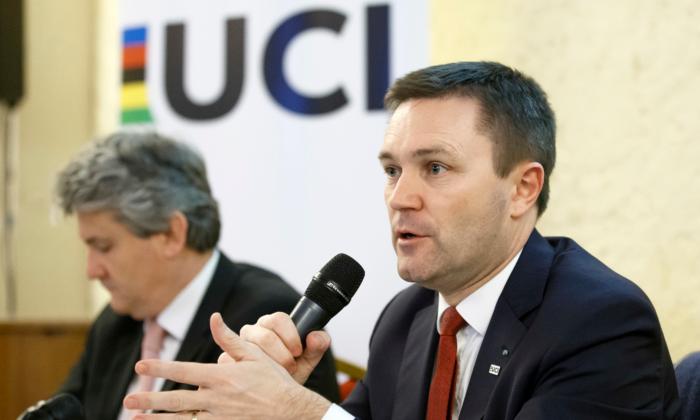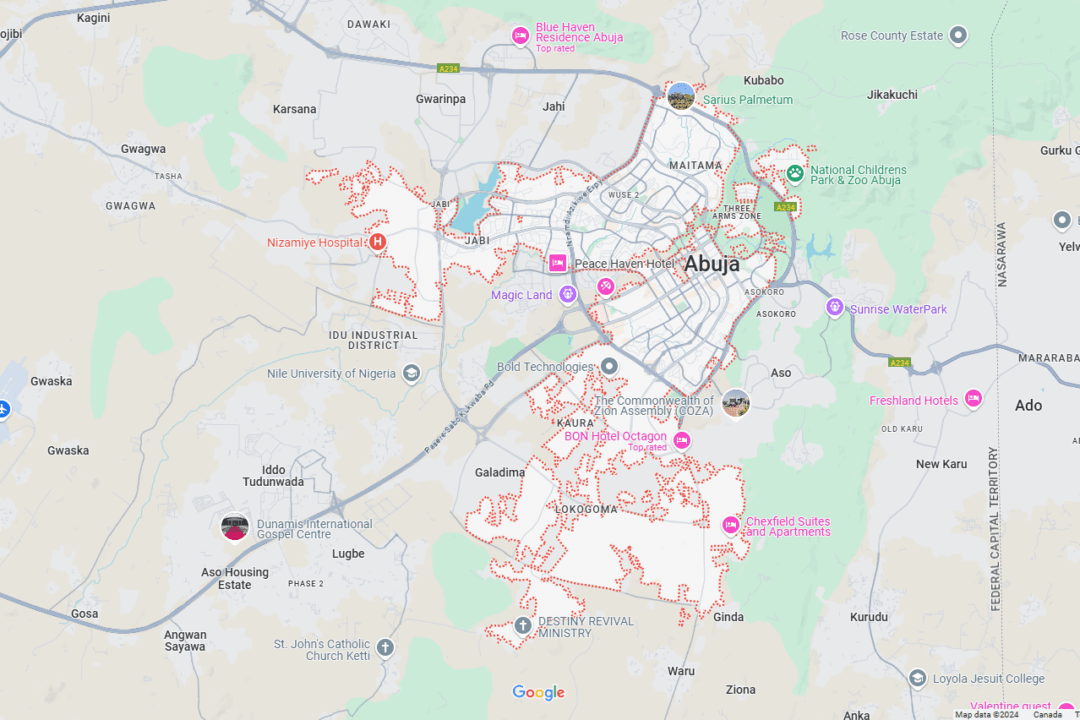AIGLE, Switzerland—Female transgender athletes who transitioned after male puberty will no longer be able to compete in women’s races, world cycling governing body the UCI said Friday.
The International Cycling Union joined the governing bodies in track and field and swimming as top-tier Olympic sports addressing in this way the issue of transgender athletes and fairness in women’s events.
The UCI’s decision came after American rider Austin Killips became the first openly transgender woman to win an official cycling event in May.
“From now on, female transgender athletes who have transitioned after (male) puberty will be prohibited from participating in women’s events on the UCI international calendar—in all categories—in the various disciplines,” the international federation said in a statement.
The UCI said the ban, starting on Monday, was necessary to “ensure equal opportunities.”
Killips rode to victory in the fifth stage of the Tour of the Gila, one of the marquee U.S. stage races.
The victory provoked a negative reaction by some cycling fans and former racers despite the 27-year-old athlete having adhered to a policy put in place by the UCI last year requiring transgender athletes to have serum testosterone levels of 2.5 nanomoles per liter or less for at least 24 months before competing in women’s events.
The UCI said Friday it “has taken note of the state of scientific knowledge, which does not confirm that at least two years of gender-affirming hormone therapy with a target plasma testosterone concentration of 2.5 nmol/L is sufficient to completely eliminate the benefits of testosterone during puberty in men.”
It also noted the difficulty to “draw precise conclusions about the effects” of gender-confirming hormone therapy.
“Given the current state of scientific knowledge, it is also impossible to rule out the possibility that biomechanical factors such as the shape and arrangement of the bones in their limbs may constitute a lasting advantage for female transgender athletes,” the UCI added.
In May, the UCI—led by its French president David Lappartient, an International Olympic Committee member—said it expected to make a decision in August. The newly expanded world championships are being held from Aug. 3–13 in Glasgow, Scotland.
Instead, a decision which the UCI said in a statement was taken at an additional management board meeting held on July 5 was announced Friday—Bastille Day in France—during a key mountains stage in the Tour de France.
Despite the ban, Lappartient said “the UCI would like to reaffirm that cycling—as a competitive sport, leisure activity or means of transport—is open to everyone, including transgender people, whom we encourage like everyone else to take part in our sport.”
The UCI said its men’s category will be renamed “Men/Open” at international Masters events—which are below elite level for riders aged at least 30—adding that “any athlete who does not meet the conditions for participation in women’s events will be admitted without restriction.”
Lappartient insisted the UCI “fully respects and supports the right of individuals to choose the sex that corresponds to their gender identity, whatever sex they were assigned at birth.
However, it has a duty to guarantee, above all, equal opportunities for all competitors in cycling competitions.”
The UCI follows British Cycling in approving a similar transgender policy in May, which included plans to split competitive races into “open” and “female” categories.
The female category was to remain for those whose sex was assigned female at birth and for transgender men yet to begin hormone therapy.
Cycling’s decision closed another competitive route to the 2024 Paris Olympics for transgender athletes. Two years ago, transgender woman Laurel Hubbard competed at the Tokyo Olympics for New Zealand in the women’s over-87-kilogram class.





